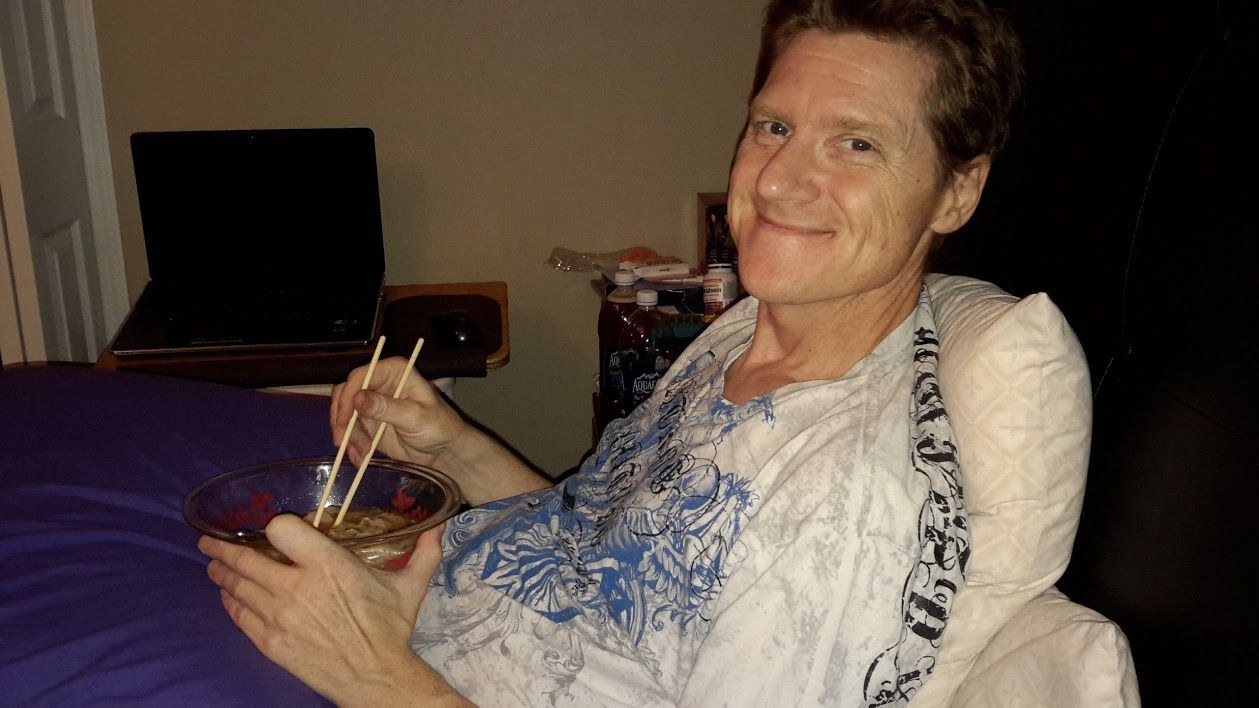in early june, thomas hartle, a 52-year-old father of four from saskatoon, who has been living with terminal cancer since 2016, sent a private video message to patty hajdu, canada’s minister of health.“people like myself are facing very real, very concrete, mental health issues,” he says in the video, which he shared with the national post. “these are mental health issues and anxieties and depression that we feel could be addressed as easily as the stroke of a pen for you.”hartle was referring to an application he had sent to the minister weeks earlier for a section 56 exemption to the canadian drugs and substances act. the exemption would allow hartle to pursue psilocybin therapy for end-of-life distress. psilocybin is a psychedelic drug derived from magic mushrooms.this year, hartle and at least three other canadians applied for the exemption. earlier this week, more than 100 days after the first application was sent, they received good news. the exemptions were granted, meaning the four canadians will soon become the first in the country to legally consume psilocybin since it was made illegal in 1974.“today is a good day,” hartle said earlier this week.hartle completed his application with the assistance of therapsil, a b.c.-based, non-profit coalition of doctors and health-care professionals, policymakers, lawyers, researchers and advocates. spencer hawkswell, executive director of therapsil, says the need for psychedelic therapy is growing.“more individuals reach out every week, and i think many more across canada would want to explore this option if they were aware of it,” hawkswell previously told the post.“with so many canadians diagnosed with terminal illnesses each year, and many choosing maid (medical assistance in dying), we hope to be another option for the patients who are experiencing end-of-life distress and want to try something like psilocybin,” hawkswell says.hartle says that traditional anti-anxiety medications come with a range of unpleasant side effects and do not address the existential anxiety that he is feeling as he wrestles with the reality that he will be leaving his family behind. he believes psilocybin could help ease that pain and there’s no shortage of research to support his position.a 2016 study from john hopkins university demonstrated that psilocybin therapy led to significant and sustained decreases in depression and anxiety in patients with life-threatening cancer, in addition to improved quality of life and a renewed sense of optimism. six months later, those changes persisted. about 80 per cent of participants continued to show substantial decreases in depression and anxiety.psilocybin-assisted psychotherapy is more than “just a trip,” hawkswell explains. it begins with multiple preparatory sessions between the patient and therapist before the mushroom is consumed. the potential for breakthroughs comes in the moments of extreme anxiety, he says, as patients confront their negative emotions.“this is often where some of the most important psychotherapeutic work happens as patients let go of long-held negative beliefs.” the therapy concludes with multiple post-integration sessions, where the patient and therapist work through the experience.“if we can do this the right way, and go through official channels, it will pave the way so other people can follow in my footsteps,” hartle says. “i am hoping that, eventually, people like the minister and canadians in general, will see that people are benefiting from this, and it is not the harmful, non-beneficial substance that it has been portrayed as.”hawkswell says they’ve had a difficult time engaging the government in this discussion. in 2017, the organization’s founder, dr. bruce tobin, applied for an exemption to treat dying canadians with medically-supervised, psilocybin-assisted psychotherapy. after three years of limited communication with health canada, the application was denied.hawkswell hypothesizes that the original application was rejected because it was for a class of dying patients, not an individual. since that ruling, they pivoted their strategy to focus on individual exemptions and, this week, the work finally paid off.
 4 minute read
4 minute read
















